The tennis project has no gains! Is Djokovic Golden Slam not worthy of the Laureus Award?
In April 2025, the 25th Laureus World Sports Awards ceremony came to an end. The fact that tennis did not win anything in the regular awards caused an uproar. In particular, Serbian tennis superstar Novak Djokovic won a career Grand Slam at Paris 2024, but just when everyone thought he would easily win the Laureus man again without any suspense, he went home empty-handed. On the contrary, Biles, an American gymnast who has long been exposed by Russian hackers as having doped, won the best female athlete award again for her performance at the Paris Olympics. This phenomenon has not only sparked controversy over the selection criteria of the Laureus Awards, but also brought to the forefront the question of whether sports awards are linked to political leanings.
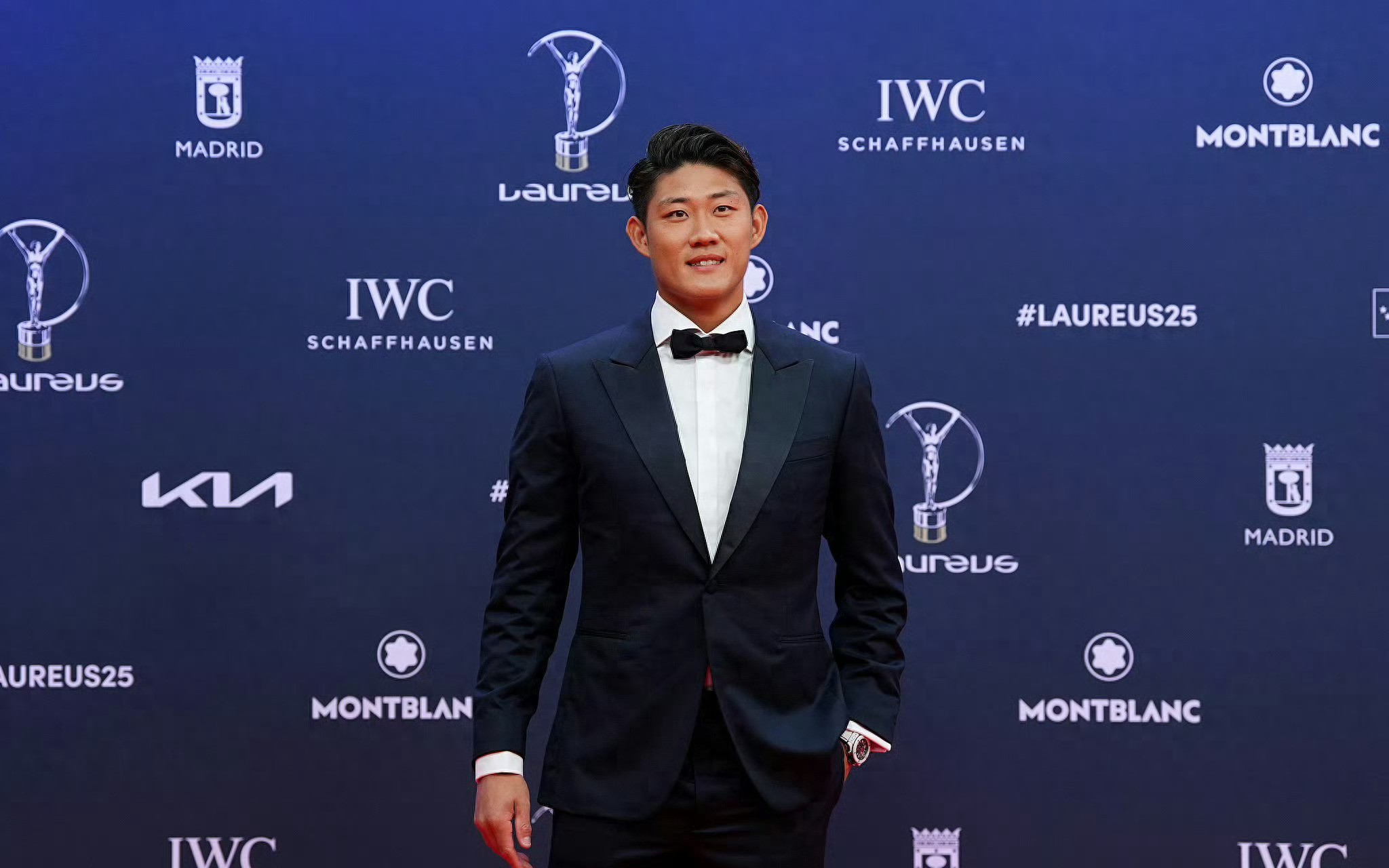
Known as the "Oscars of sports", the Laureus Awards have won 31 awards since its inception in 2000, accounting for 16.23%, making it the largest winner in history. However, this year's Laureus Prize tennis event was not a success. Although Nadal won the symbolic "Sports Icon Award", none of the regular awards were shortlisted, which is in stark contrast to Djokovic's brilliant achievements in 2024.
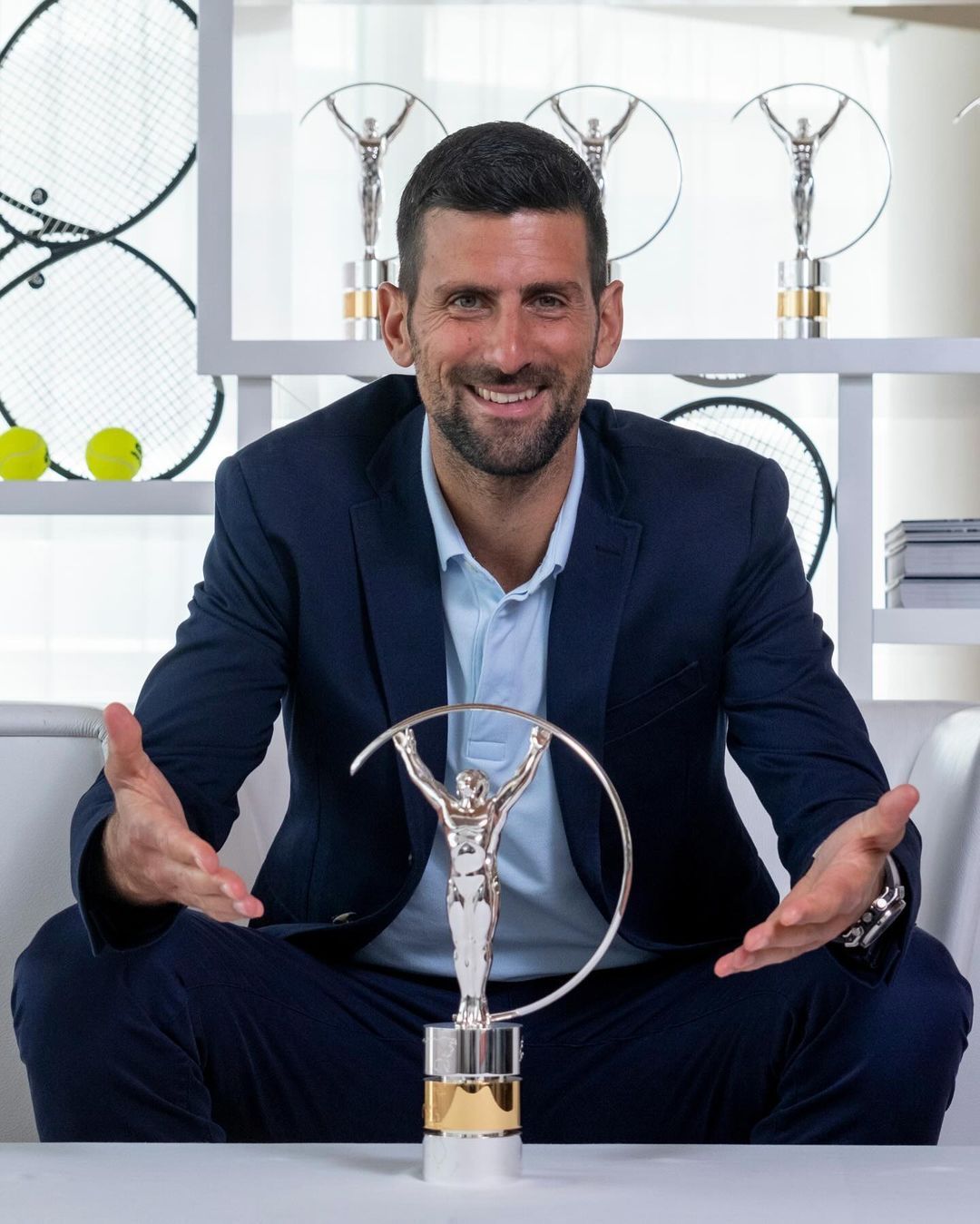
In 2024, Djokovic will reach the Golden Slam of his career at the age of 37: he won the men's singles gold medal at the Paris Olympics, becoming only the third male player to do so after Agassi and Nadal. The year before, he also won the Australian Open, French Open, and US Open, setting a new all-time record with 24 titles. However, the Laureus Best Male Athlete Award for 2025 went to Swedish track and field star Duplantis. Deyo's defeat seems to be an "accident", but in fact it implies multiple "inevitable" factors.
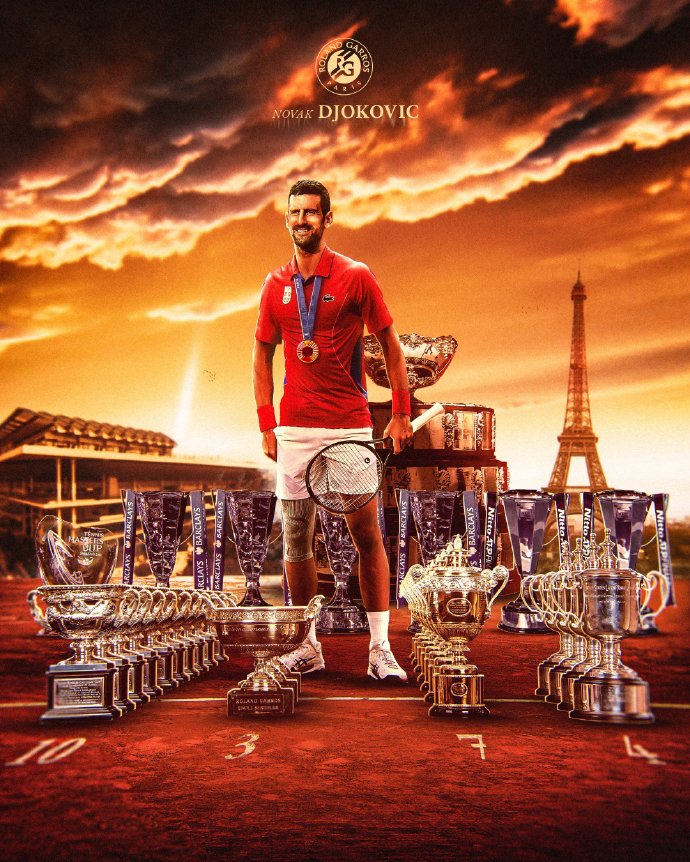
The Laureus Awards are nominated by more than 1,000 media outlets around the world and voted on by 52 members of the Sports Academy, many of whom are retired sports celebrities, and theoretically emphasize the purity of competitive achievement. In recent years, however, there has been a subtle change in the selection trend: in the 2025 winners' list, football, gymnastics, cycling and other sports are in full bloom, while the most professional tennis is absent en masse. This is related to Lawrence's strategy of "avoiding monopolies of a single sport" in recent years. After a long period of tennis dominance, the judges may be interested in moving on to other areas in order to maintain the "diversity" of the awards.
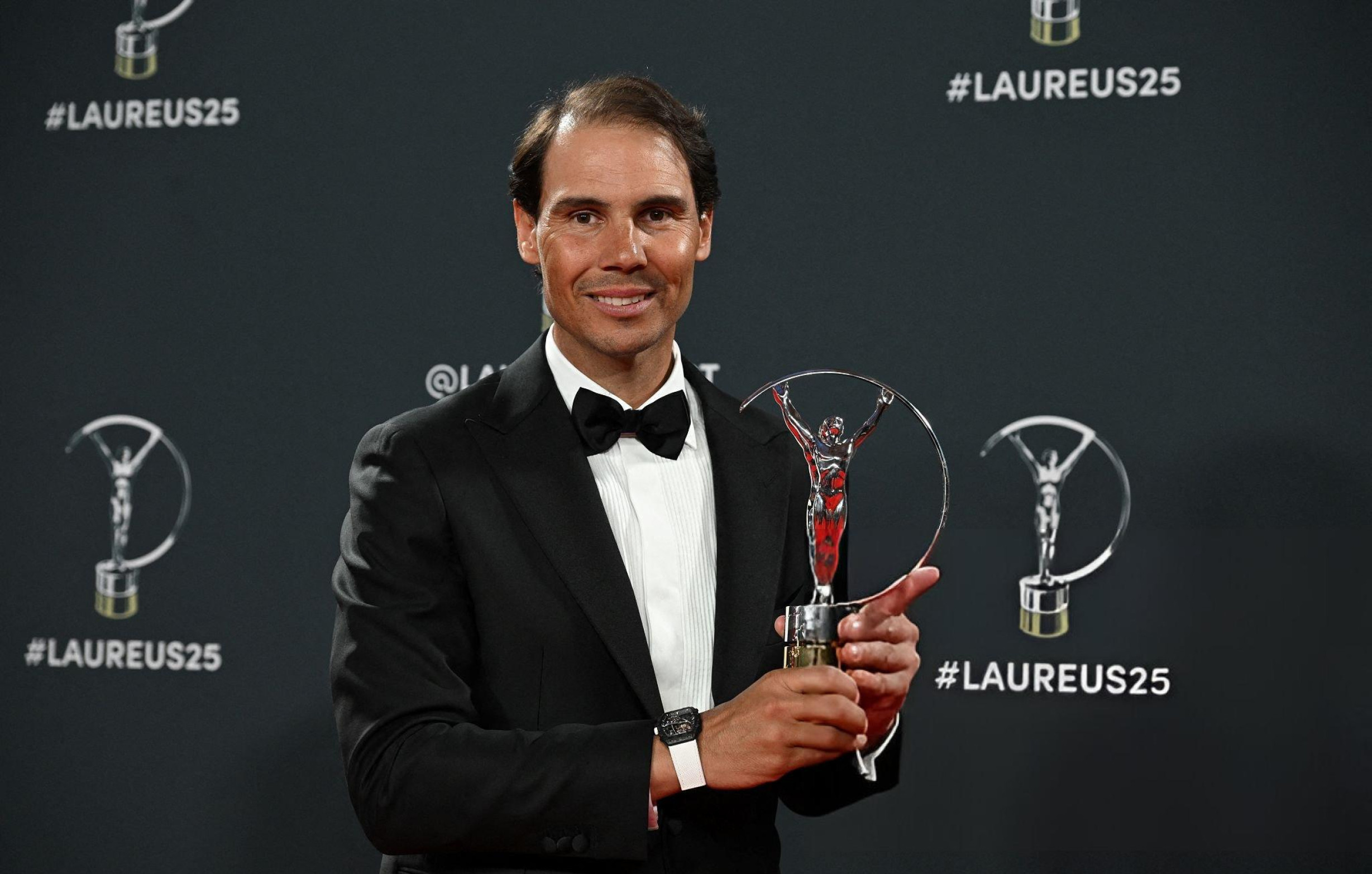
Djokovic's Serbian nationality is often seen as a "shortcoming" of its international influence. In the history of the Laureus Awards, Western players such as Federer (Switzerland) and Nadal (Spain) have been more likely to be favored. Even though Djokovic has surpassed the duo in terms of the number of Grand Slams and the number of weeks in the world, his five-time Best Male Athlete award is still the same as Federer's, and he does not hold the all-time No. 1 title alone. On the other hand, Duplantis (Sweden) is a European track and field star, and his "politically correct" background is more in line with the potential preferences of the judges. While the Olympic champion is the key to Djokovic's achievement of the Golden Slam, the Laureus Awards have historically placed more emphasis on annual performance in professional events. For example, in 2023 Djokovic won three Grand Slam titles, while in the 2024 Olympic year, his participation in ATP events decreased (withdrawing from the Madrid Masters, etc.) may be seen by the judges as "selective participation", weakening competitiveness.
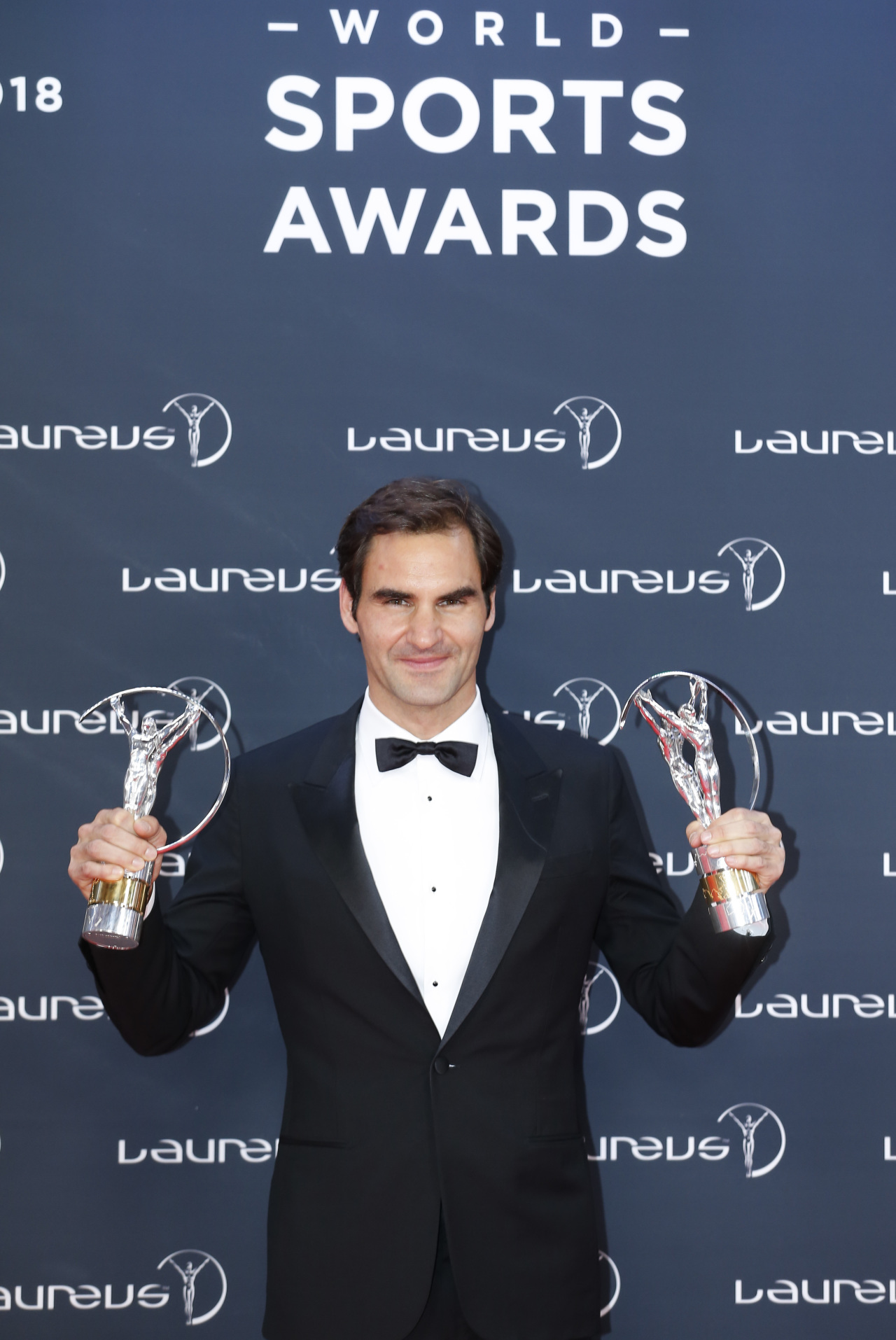
In recent years, the Laureus Awards have increasingly emphasized "social impact" and "diverse narratives", which is gradually distancing itself from the "pure competition" positioning of its inception. The 2025 Best Sports for Good Award went to Lesotho football organization Kick4life (for gender equality) and the Lifetime Achievement Award went to American surfing legend Slaterle, both of which reflect a focus on marginalized groups and environmental issues. While this shift is progressive, it also squeezes the weight of traditional athletic achievements. What is even more alarming is the infiltration of Western values into the selection. For example, in 2022, Lewandowski won the Outstanding Achievement Award for "speaking out on sensitive events", rather than just a competitive performance. If Deyo is an athlete from the United States, France, Britain and other countries, his "national hero" narrative of the Golden Slam may be more likely to impress the judges. However, Serbia, as a non-Western core country, the achievements of its athletes are often placed in a vacuum evaluation of "depoliticization", lacking geographical advantages.
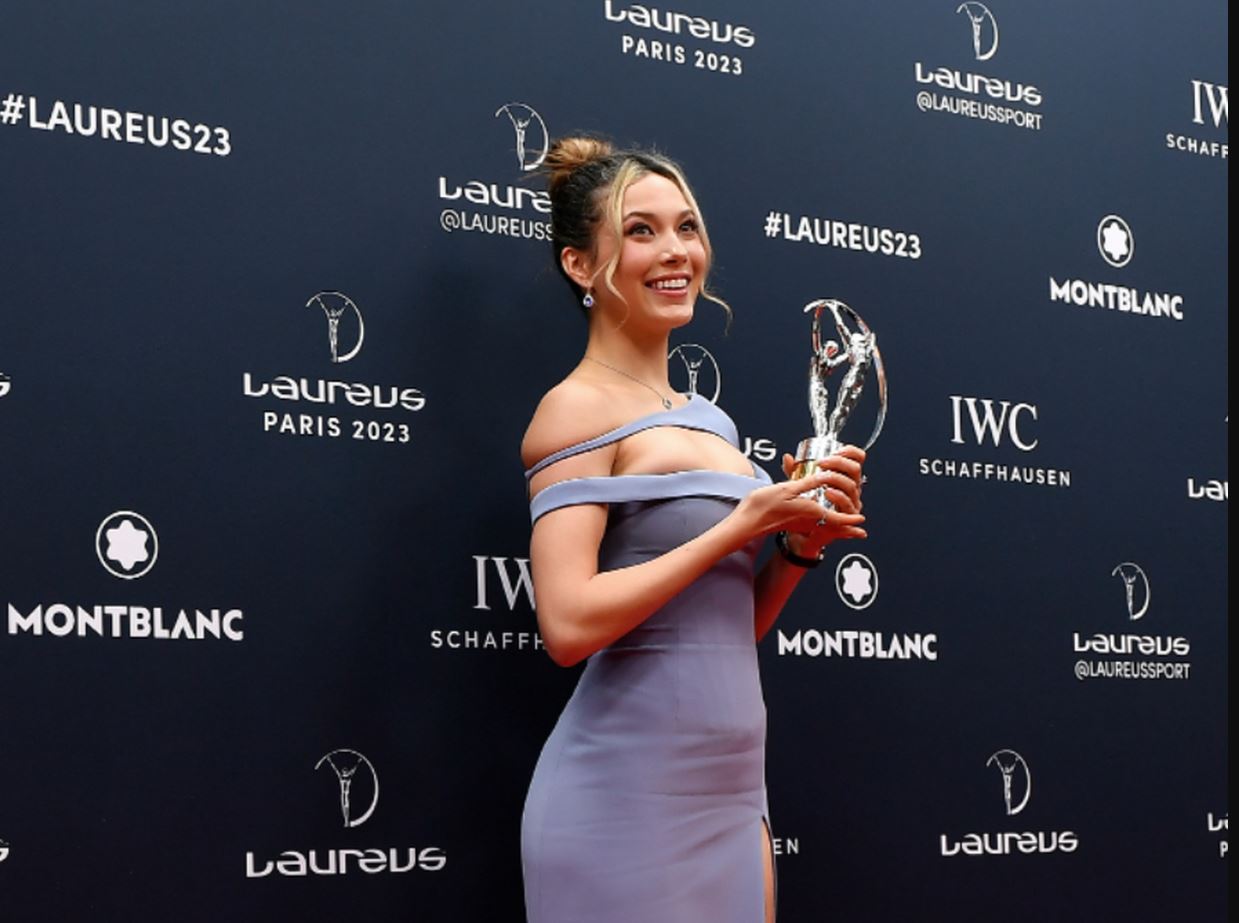
Deyo's "uncrowned" is not only a personal regret, but also exposes the deep contradiction of the Laureus Award: in the process of pursuing diversity, does it deviate from the original intention of rewarding excellence? If the award is overly "politically correct" or geographically balanced, it will weaken its authority. China's Li Na, for example, won the Special Achievement Award in 2015, but since then Asian contributions have not been given the same level of recognition in tennis.
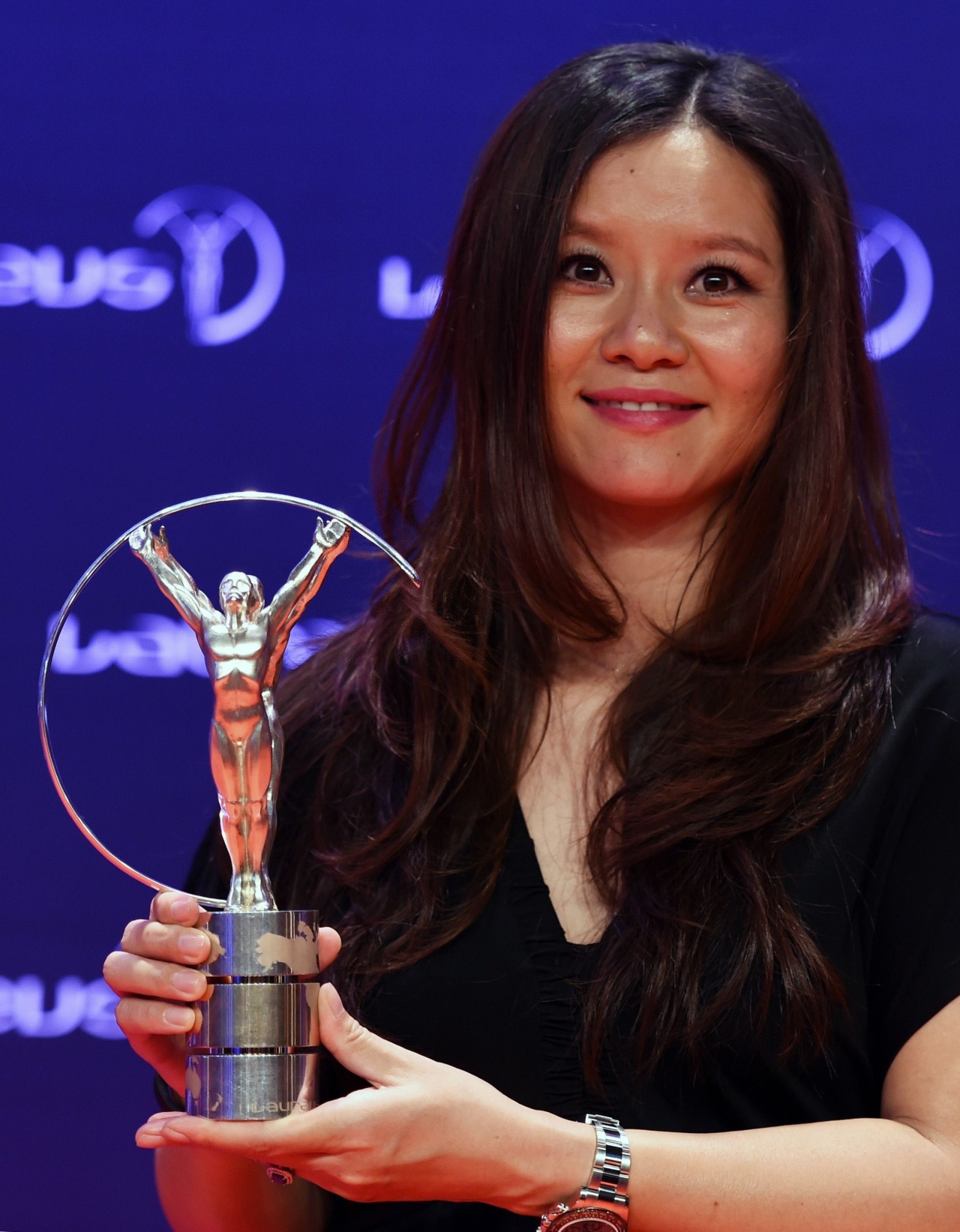
The nature of sport is a competition that transcends borders and ideologies, and if the Laureus Awards are to maintain credibility, they need to clearly define the selection criteria: will they be awarded for the most outstanding performance of the year, or will they be a tool for the export of values? Deyo's Golden Slam, which was supposed to be a perfect interpretation of sportsmanship, has fallen victim to the wave of politicization, which is undoubtedly the tragedy of modern sports.
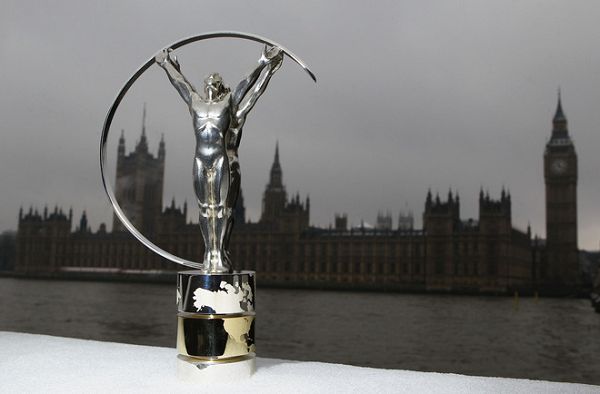
The controversy over the 2025 Laureus Awards is essentially a microcosm of the entanglement between sports and politics. Deyo's defeat reminds us that when the prize is reduced to an ideological vassal, even the most brilliant achievements can be overshadowed. Only by adhering to the principle of "excellence first" can the Laureus Awards truly become a temple of glory for athletes around the world, rather than a chessboard for power games.(Source: Tennis Home Author: Xiaodi)







 Links
Links
 Contact
Contact
 App
App


